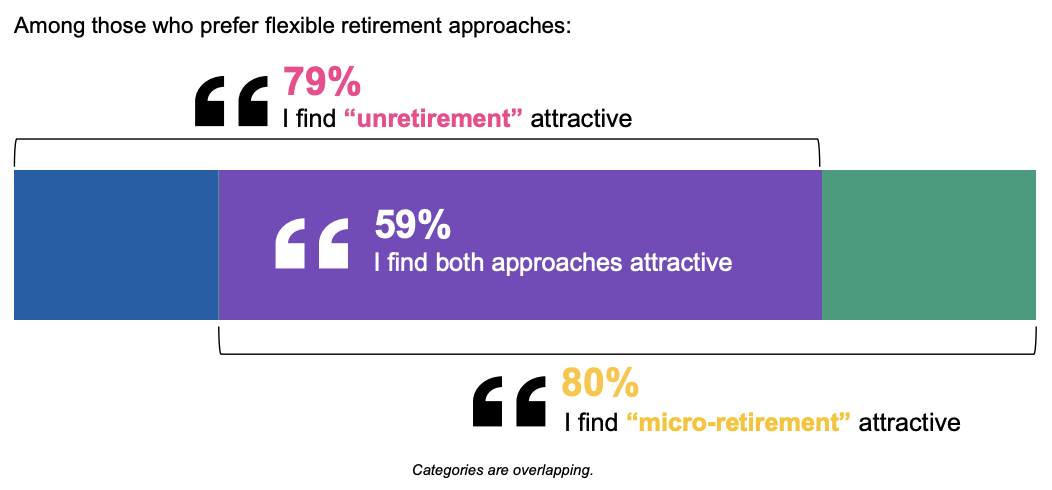
Micro-retirement growing in popularity among employees

Employees across Hong Kong are eyeing flexible retirement plans in a bid to maintain work-life balance, according to a new report.
Findings from T. Rowe Price's first ever Hong Kong retirement survey revealed that 52% of employees are moving away from the conventional approach of working until 65 and then retiring.
According to the report, 47% of employees are embracing innovative approaches, including micro-retirement and unretirement.
"Hong Kong's workforce is open to the possibilities of retirement with approaches such as micro-retirement and unretirement, and it highlights the urgent need for investment strategies that align with these evolving lifestyle choices," said Wenting Shen, Global Investment Solutions Strategist and Portfolio Manager at T. Rowe Price, in a statement.

Among them, 80% are considering micro-retirement, which the report described as a "period of time away from work which can differ significantly in purpose and duration from the traditional 'sabbatical.'"
"A micro-retirement is a longer, more self-directed employment break that could involve a career reset without returning to the same job," the report read.
More than a quarter (79%) of the respondents cited maintaining work-life balance as a key driver for opting for a micro-retirement approach.
Others said it was to relieve work pressure (58%) and to pursue personal interests (39%).
Meanwhile, the report found that 79% of employees eyeing a flexible retirement are considering unretirement, or returning to work after retiring.
"The trend of retirees returning to the workforce is gaining traction due to factors like demographics, an individual's financial needs, desire for social engagement, and the pursuit of new opportunities by those who remain fit and healthy in their post-retirement years," the report read.
It found that 40% are planning to return to the labour force within six months, and most of them would be satisfied even if they earned less money than in their pre-retirement period.
The popularity of flexible retirement approaches comes as more than half of the respondents estimate they will need over HK$5 million to retire comfortably in Hong Kong.
However, only 20% of respondents feel they are familiar with the retirement options available in the market, including 26% employees who are aged over 50.
"Hong Kong residents are at the forefront of a global shift toward flexible retirement models, yet most lack the investment knowledge to navigate today's volatile markets and achieve their aspirations," said Raymond Chan, Senior Director for Intermediary Distribution, Greater China at T. Rowe Price, in a statement.
A separate report from Aon earlier this year found that 33% of employees believe employers should be helping their workforce save for retirement or long-term needs.
But the Aon report found that "just over half of employers now offer voluntary Mandatory Provident Fund (MPF) top-ups, 47% do not."
The MPF is the compulsory saving scheme for the retirement of residents in Hong Kong. Among organisations offering voluntary contributions, most of them are based on monthly basic salary with 25% applying a salary cap.
"The median employer contribution falls between six per cent and 10%, subject to a vesting schedule," the report read. "Many employers link higher contributions to longer years of service."
The Aon report advised employers that helping employees understand their behaviour towards money and retirement adequacy can help in how they engage with their retirement plan and benefits.
"Organisations that invest in supporting financial confidence — through clear communication and accessible tools and education — are likely to build more engaged, loyal, and productive workforces," the report read.
"In contrast, those that leave out these elements may find themselves struggling to retain talent in an increasingly competitive environment."